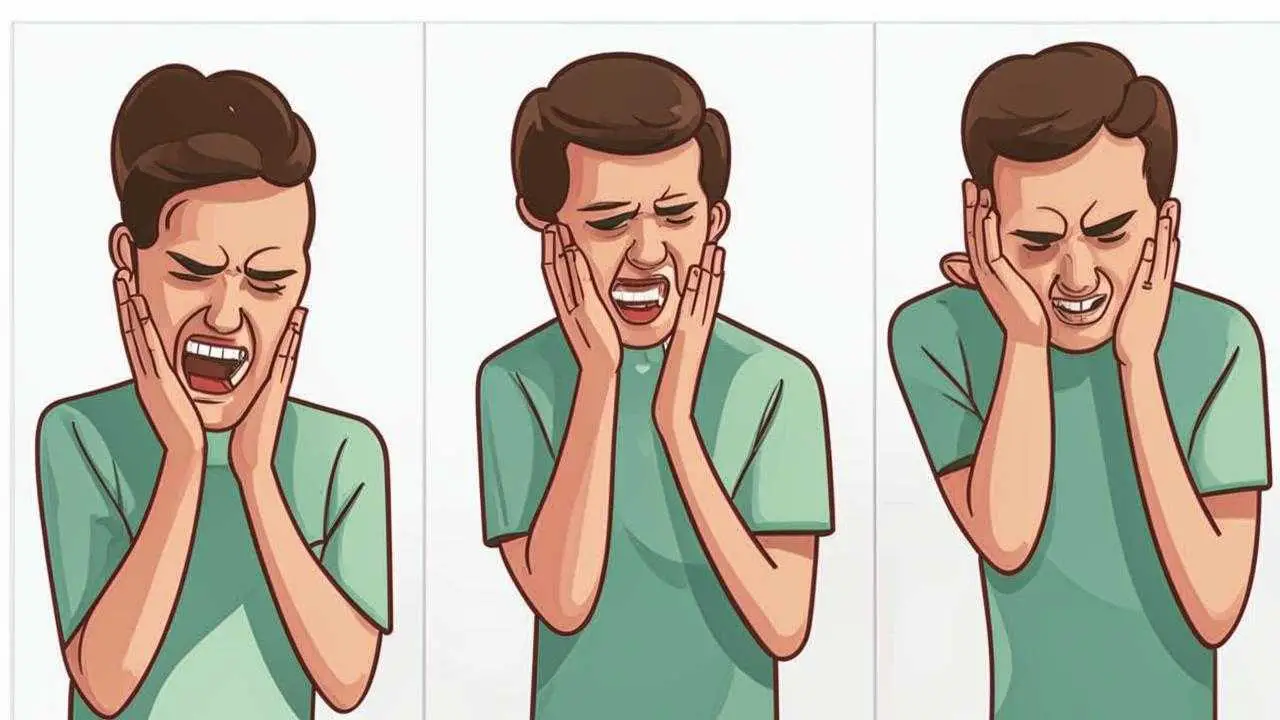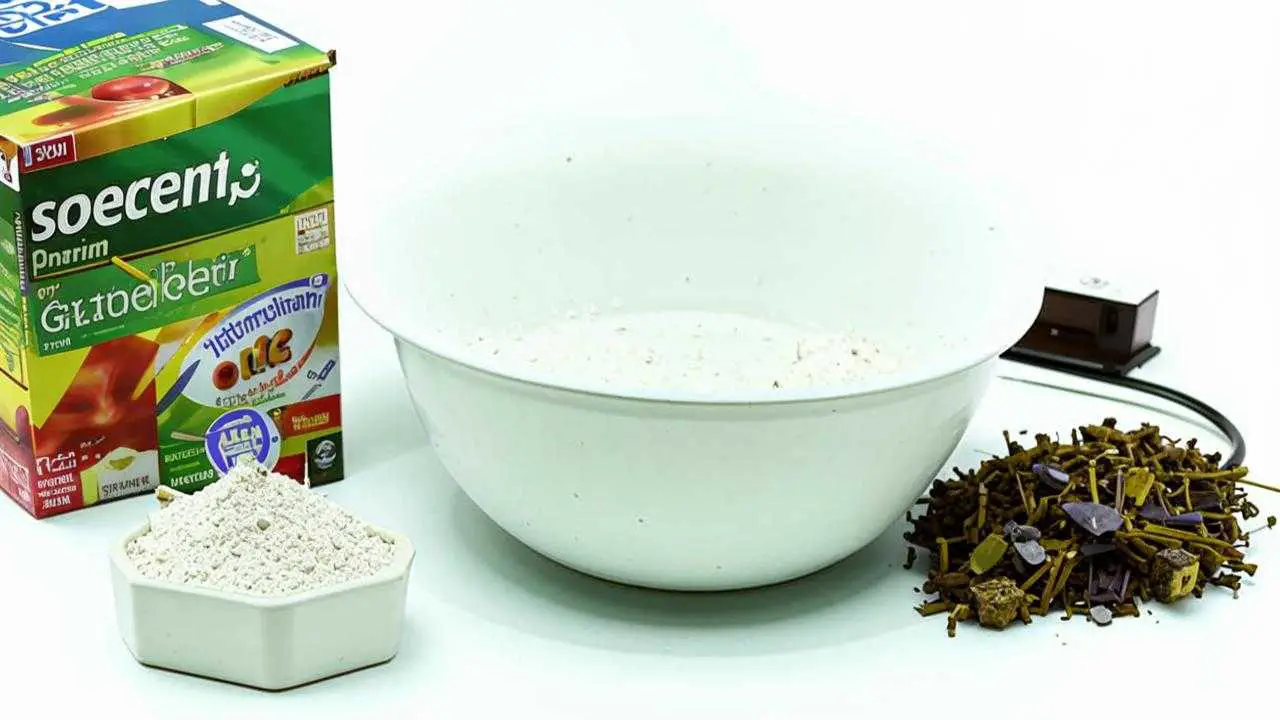Cavities are a reason to see a doctor. It causes pain, inflammation, and spoils the appearance of the teeth. After treatment, we expect that the tooth will no longer bother us. In the vast majority of cases, this is the case. But, sometimes, teeth hurt after caries treatment.
Soreness after a filling is a natural phenomenon. To remove decay and prepare the cavity, drill hard tissue, which has nerve endings. And if you have to remove the nerve (pulp), the nerve impulses transmit pronounced pain signals to the brain. Even treatment with antiseptic cause local irritation and pain.
During treatment, the patient is under anesthesia and does not feel anything. When the effect of anesthetics ends, there is discomfort. . How much the tooth can hurt after caries treatment depends on several reasons. The degree of tissue damage, the type of medical intervention and individual characteristics of the body, everything matters. Usually, everything goes away in 7-10 days.
But what if a treated tooth hurts even though it’s been 2 weeks or more?
Types of toothache
A aching, dull pain that gradually subsides – this is a normal reaction of the body to the intervention. You should be concerned when:
- The pain is increasing. Discomfort is localized at first, but then spreads to the jaw and head.
- Unpleasant sensations occur when biting. The feeling that the tooth is higher than the rest. There is a reaction to temperature stimuli.
- The gum swells, turns red. There is a burning sensation in the mouth.
The above are local reactions. The general picture of inflammation is an increase in temperature, chills, weakness, swelling of the mucous membranes.
Causes
Pain after treatment of deep caries cause:
- Violation of technology
If you overdry the dentin, the tooth will react to cold, hot and tapping. In the same way, the tooth reacts if the adhesive system was applied without following the instructions or if it did not adhere well because the dentin was not fully dried. Then the installation of the filling will be poor quality, between it and the adhesive layer there will be an air gap, which will provoke pain.
- Remainder of the instrument in the cavity
The thin tip of a dental instrument can break off and remain in the canal or cavity, causing severe pain.
- Improper occlusion (point of contact between antagonist teeth)
Pain is not constant, but only when biting and chewing.
- Poor treatment
Infected dentin remains under the filling, inflammation spreads to the pulp. Pain is short-term, but sharp, the tooth twitches.
- Allergic reaction
Swelling, redness, burning in the gum – signs of allergy to the components of the filling material.
What to do if the tooth hurts after treatment
After treatment, unpleasant sensations will continue until the body comes to itself. It is worth waiting a few days and observe the nature of the pain, its distribution. Whether it becomes lighter or increases.
You should contact a doctor if the pain is sharp, it can not be tolerated, it prevents chewing. If there is redness, burning sensation. In case of fever, chills, general weakness, you can not postpone the visit. If the tooth does not hurt, but the filling interferes, it is necessary for the doctor to grind it off.
In other cases, you can relieve painful sensations with home remedies.
What means will help if the tooth hurts after caries treatment
Relieve the pain helps ordinary painkillers. You should start with weak drugs, such as ibuprofen. Strong remedies, such as ketonal, are used as a last resort. It should be remembered that an overdose of painkillers is dangerous to health and do not take pills often.
If the tooth is sick, rinses help well. You can just salt water or soda. You can prepare an infusion of herbs. Infusions of chamomile, calendula, sage have proven to be good.
Do not warm your teeth! This can provoke purulent inflammation.
How to help in dentistry
In the clinic will necessarily make a diagnosis and establish why the tooth hurts after treatment of caries. The doctor will collect an anamnesis, conduct a visual inspection and take a picture.
Depending on the cause, will carry out treatment. Violation of occlusion and overhanging fillings are eliminated easily, without opening the cavity. In other cases, the filling will have to be removed to:
- Pull out the broken off piece of instrumentation
- Remove all the affected dentin
- Perform the filling in a technologically correct manner.
- Eliminate allergy triggers.
- Remove the pulp if the inflammation has reached the pulp and pulpitis has developed.
How to avoid complications
Most often, if the tooth hurts after filling, the reason is in the diagnosis, the skill of the doctor and the quality of the material.
To minimize the risk of complications will help:
- The qualifications of the dentist
A doctor who constantly deepens his knowledge, participates in trainings, seminars and symposiums, will not hide it. All certificates and diplomas should be in a prominent place. This increases confidence in the doctor and confirms his skill.
- Well-equipped clinic
Highly qualified doctors prefer to work in large clinics with a good diagnostic base. Modern digital devices show defects in the smallest detail, reduce the risk of incorrect treatment.
- Quality materials
One of the reasons why a tooth whines after caries treatment is poor quality or expiration of adhesive materials. At a large clinic, this is not possible. They work directly with the manufacturers and will not allow expiration dates.
Do not delay a visit to the dentist, if the pain increases, does not pass for a long time, and analgesics do not help. Inflammation can spread deeply, cause periodontitis, or even penetrate into the bone tissues. It will take longer and be more expensive to treat such complications than to take immediate action.

